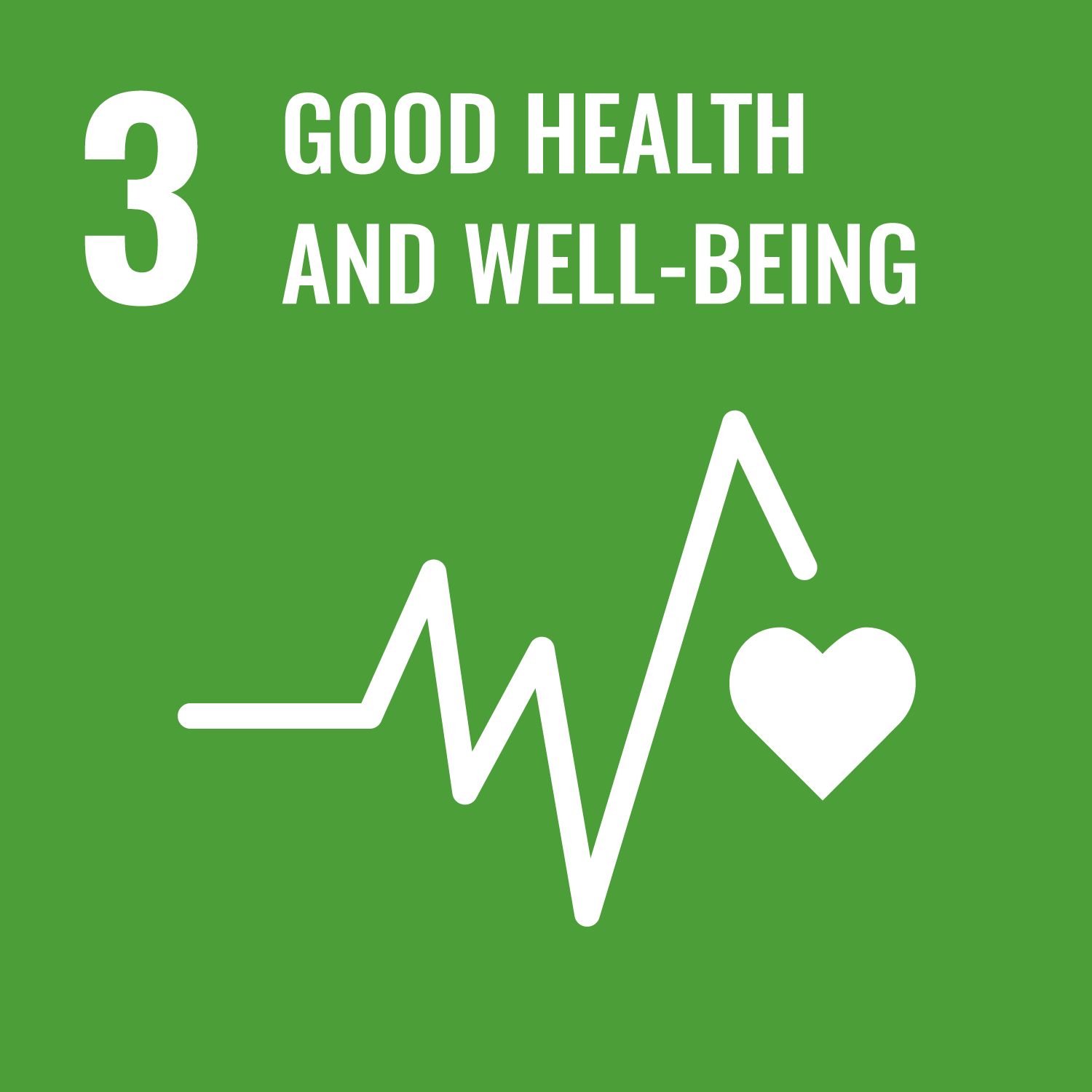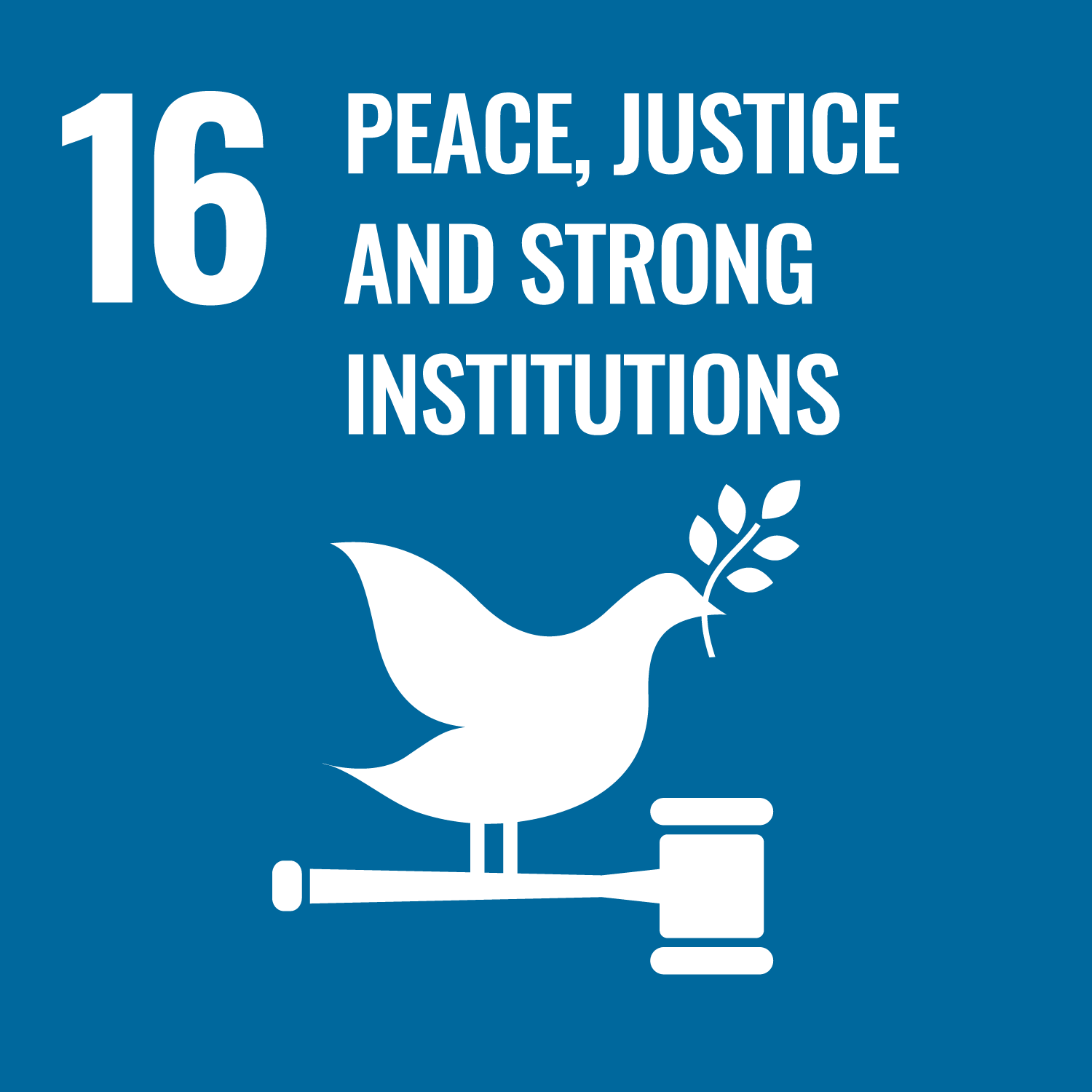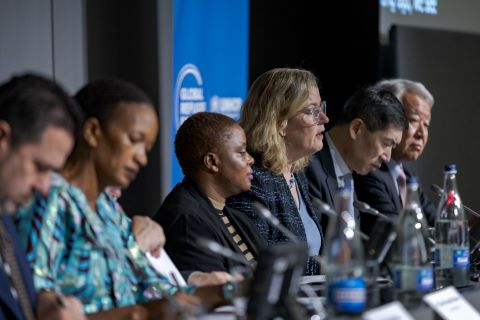This year marks 13 years since the Great East Japan Earthquake on March 11, 2011. Japan experienced the Noto Peninsula earthquake on New Year's Day this year, and some people are still living in evacuation shelters. I would like to express my heartfelt condolences and sympathy to the victims and their families.
1.Increased attention to Psychosocial Support
In the aftermath of these natural disasters, the importance of psychosocial support has been increasingly pointed out in Japan. I myself experienced the Great Hanshin-Awaji Earthquake in Kobe in 1995. This earthquake was one of the triggers for a renewed awareness of the importance of psychosocial support for disaster-hit communities in Japan.
Also, in the international cooperation, the importance of mental health and psychosocial support (MHPSS) has been pointed out in recent years, especially in regions that have experienced disasters and conflicts. The need for such support immediately after disasters has long been recognized in emergency humanitarian assistance, but the necessity of such support is now being widely accepted in development cooperation. Since mental health issues need to be addressed not only immediately after disasters but also for medium- to long-term periods, it is necessary to establish a system that can respond to the challenges over the long term. It is an issue that requires enhanced humanitarian-development nexus.
In the SDGs, mental health, which was not included in the MDGs, its preceding goals, is explicitly mentioned in Target 3.4 as a goal to promote mental health and well-being. Also, in Target 3.5, it is mentioned prevention and treatment of substance abuse, including narcotic drug abuse and harmful use of alcohol. As UNDP pointed out in its Special Report on Human Security in 2022, an estimated 6 out of 7 people globally felt insecure in the years leading to the pandemic. Therefore, MHPSS is essential to protect people's safety and dignity and to achieve human security.
2.Characteristics of Japan's MHPSS in international cooperation
JICA is working on MHPSS in host communities for migrants from Syria in South-eastern Turkey. The area is also damaged by the earthquake which occurred in February 2023. Through this cooperation, I have come to believe that MHPSS is a subject that our experiences accumulating in Japan can be effectively shared in international cooperation. According to experts in Japan, as a result of various experiences with natural disasters, there is a widespread commitment to MHPSS by variety of actors including local government officials in Japan, not only for the post-disaster response but also for preparation for future disasters.
However, it is difficult to provide MHPSS in many developing countries due to the lack of experts such as psychiatrists and psychosomatic physicians. Training such experts is an important issue, but one thing that can be done now is the preparation of non-experts to provide appropriate first response. The non-experts who are close to the victims and have been trained can provide first response, while the few experts can concentrate on handling more serious cases. In Japan, there are experiences in expanding the base of the pyramid of human resources to provide psychosocial support among people close to the victims, assuming that there will be no experts in evacuation centers immediately after a disaster.
3. Adaptation to each country's context
One of the reasons why psychosocial support has been considered difficult in international cooperation may be that regional and cultural differences require different types of interventions. The contexts and required support for a disaster in Asia, the conflict in Ukraine, and refugees fleeing conflicts are all very different.
However, this could actually be dealt with by the adaptive approach of Japan's international cooperation. In its history of modernization and development, Japan itself has learned from Western technologies and systems, and has created frameworks suited to its own culture, including not only industrial development, but also public health, education, democracy, and the rule of law. Based on this experience, Japan's basic approach to international cooperation is not to impose knowledge and systems from the outside, but to work together with local actors to co-create methodologies that suit each country or region.
In fact, while many international partners and experts are enthusiastic about creating standards and disseminating manuals for MHPSS, Japan's strength is in adapting these standards to local contexts and people's ideas, and promoting capacity development so that local actors can respond to their challenges on their own. These characteristics of Japan’s international cooperation are also shown in the multi-stakeholder pledge to MHPSS announced at the Global Refugee Forum in December 2023. Japan has committed in capacity development and the co-creation of local frameworks to provide psychosocial support on a sustainable basis over the medium to long term. In JICA’s experiences of cooperation on psychosocial support, Japanese experts have also cooperated in creating a system suited to each region: China after the Sichuan earthquake, refugee-host communities in Jordan, and migrant-hosting areas and earthquake-affected areas in Turkey.
4.Solidarity and circulation through sharing experiences of disasters
There is a sense of solidarity among those who have experienced disasters and a strong bond with Japan based on such solidarity. When we conducted a field survey immediately after the earthquake in southeastern Turkey in early April of last year, many Turkish people strongly expressed their desire to learn from the Japanese experience. Interest in the experience of similar disasters was high, and I felt that the connection itself served as a form of psychosocial care for each other.
I believe that Japan's experiences of reconstruction from disasters and conflicts can be encouraging to those who have suffered from similar tragedies. I worked in Bosnia and Herzegovina and Rwanda, where many people were killed in conflicts in the recent history. In both countries, people empathized with the story of the reconstruction of my hometown, Kobe, and many people asked me earnestly about Kobe's reconstruction to explore how they can do the same for their own hometowns. There are now many students from Rwanda studying IT in Kobe, and for them, the city of Kobe, which has recovered from the earthquake, has something in common with Rwanda's reconstruction.
The Development Cooperation Charter of Japan was revised last year, and it now calls for "circulation” of experiences between Japan and developing countries. Japanese experiences of disasters and conflicts help other countries, and Japanese people are also encouraged by the fact that Japan's experiences of recovery and reconstruction encourage people in other countries. Japan can learn from the efforts of other countries, too. When Japan suffered from the disaster, many countries delivered their sympathy and support to the affected areas. Now again, I am sure that people around the world are wishing for the recovery of the Noto Peninsula in Ishikawa Prefecture. Even though we are far away from each other, there are people who have experienced similar tragedies, and we encourage and support each other. I believe that this circle of people confirming the value of each other's experiences is one of the great significances in international cooperation.










scroll